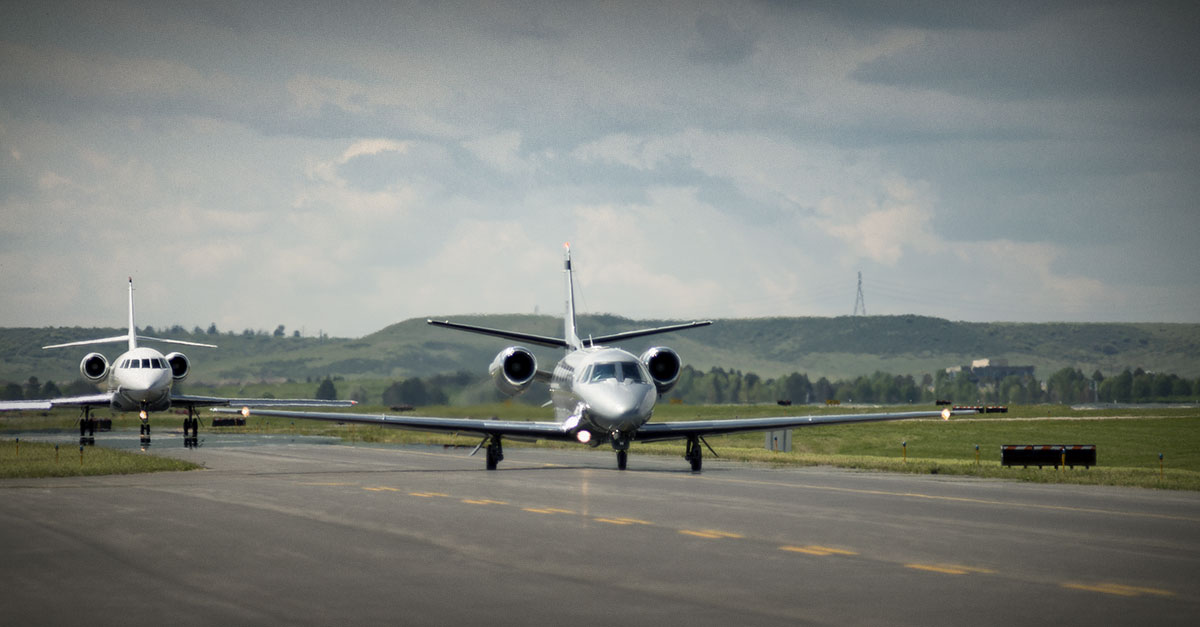
November 30, 2017
Recently, a German newspaper published a set of documents leaked in a data breach at Appleby, an international law firm. In news coverage of the documents, now known as the “Paradise Papers,” some media outlets have focused on a common structure for registering aircraft: non-citizen trusts.
Although portrayed in some articles as exotic arrangements, non-citizen trusts have been used for decades by many well-known companies, including major airlines and leasing companies, to register aircraft with the FAA.
“The FAA Aircraft Registry is an owner registry, as opposed to an operator registry,” said Frank Polk, an aviation attorney at law firm McAfee & Taft. “And one of the requirements to register an aircraft with the FAA is that the individual or company be a U.S. citizen.”
For an individual, U.S. citizenship is straightforward, but for a company, the FAA’s definition has many specific requirements:
- The company must have been formed in the United States.
- Its president must be a U.S. citizen.
- wo-thirds of its officers must be U.S. citizens.
- Two-thirds of its directors must be U.S. citizens.
- The company must be under the actual control of U.S. citizens.
- 75 percent of the company’s "voting interest" (normally shares) must be owned or controlled by U.S. citizens.
“Many publicly traded companies that you’d think of as ‘American companies,’ have difficulty determining if they meet those citizenship requirements, especially if they have thousands of shareholders,” said Polk.
A company can also lose its U.S. citizenship, under the FAA’s definition, if it appoints a non-citizen as president or too many non-citizen directors. With that uncertainty, many companies choose to set up a non-citizen trust to register their aircraft and ensure they comply with the law.
In a non-citizen trust structure, title to the aircraft is transferred to a trustee (a U.S. citizen), who then registers the aircraft in their name. The trust agreement and related documents are filed with the FAA and are a public record.
In addition to the detailed citizenship requirements, there are many other reasons for using non-citizen trusts.
“Airlines use trusts in leasing or financing of some of their fleet,” said Scott McCreary, also an aviation attorney with McAfee & Taft. “American manufacturers sell aircraft to buyers around the world, and non-citizen trusts facilitate the sale and delivery process. Many buyers want to have completion or additional work done in the U.S., and need to be able to operate the aircraft immediately after taking delivery. None of that could be accomplished efficiently without the use of non-citizen trusts.”
Many aircraft lenders also prefer to lend on N-registered aircraft because it reduces the collateral risk. In the event the lender needs to exercise its rights or repossess the aircraft, it’s often considered easier to do so under U.S. law.
“U.S. registration is normally good for an aircraft’s resale value, partly because operators around the world trust the FAA’s airworthiness and maintenance standards so highly – it’s the gold standard,” said McCreary. “That strengthens the aviation industry, benefitting U.S. manufacturers, completion facilities, brokers, repair stations and many others.”
Although non-citizen trusts are permitted by specific regulations, have been used for more than 30 years, and the FAA has long recognized them as lawful, in 2011 the FAA launched a study of their use in aircraft registrations.
“The FAA went through an extensive process,” said McCreary. “After years of study, public hearings and two rounds of public comments, the FAA affirmed that the use of non-citizen trusts was lawful, and the agency issued a policy clarification to ensure it remained fully consistent with FAA regulations and supported the agency’s safety and oversight obligations.”
As part of the policy clarification, the FAA evaluated and expanded the requirements for trustees to keep information on the crew, airworthiness, location, operations and maintenance of the aircraft, among other things. Trustees also perform their own know-your-customer due diligence on owners and operators of the aircraft.
Despite making headlines, non-citizen trusts are a routine and highly regulated way of registering aircraft.


 International Business Aviation Council Ltd.
International Business Aviation Council Ltd.